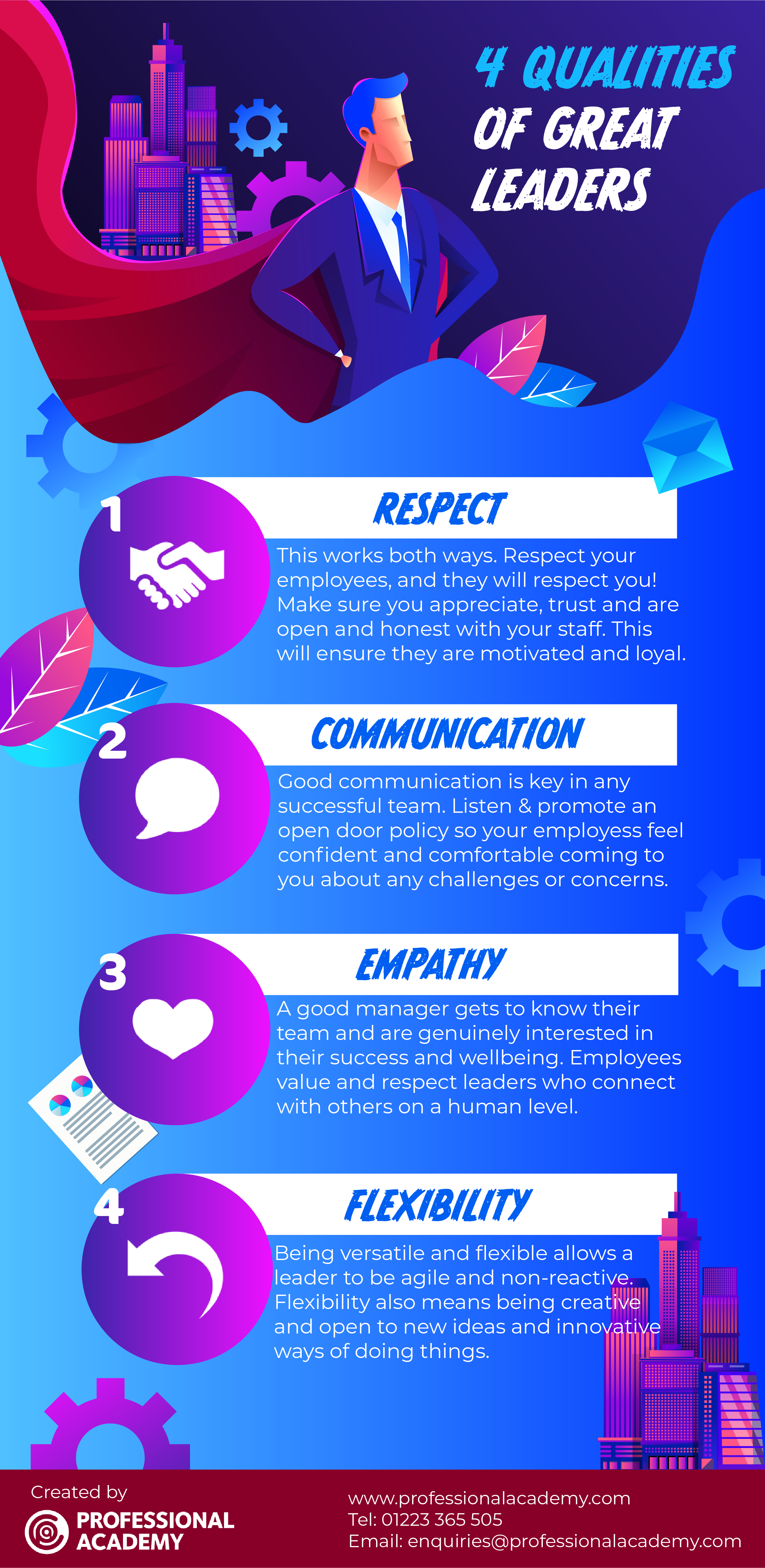Within the current fast-paced and constantly shifting world, strong leadership has become even crucial than ever. While professionals advance in their careers, mastering the essential leadership skills can create a meaningful difference both in their personal growth but also in the advancement of their teams and organizations. Among these skills, empowering others is particularly notable as a key aspect of effective leadership. Genuine leaders recognize that their success is intrinsically linked with the success of their team members, and they actively foster an environment where everyone can thrive.
Enabling comes in various forms, and it starts with a strong foundation of core leadership skills. These skills encompass everything from effective communication to emotional intelligence, adaptability, and strategic thinking. Each of these abilities plays a role to creating a culture of trust, collaboration, and high performance. When we dive deeper into the multifaceted nature of leadership, we’ll explore the essential skills that every professional should acquire to not only lead and to inspire and elevate those around them. Embracing these principles can turn a good leader into a remarkable one, setting the foundation for remarkable achievements.
Essential Management Skills
A capable leader must embody a mix of crucial skills that enable them to guide their teams effectively. Top management skills include interpersonal intelligence, which allows leaders to comprehend and manage their emotions and those of their team members. This skill not only cultivates stronger relationships but also enhances interactions and decision-making. By being attuned to the feelings of team members, leaders can create a more unified and driven workforce.
Clear communication is another pillar of strong leadership. Leaders who articulate their vision lucidly and listen actively create an environment of confidence and cooperation. This skill goes beyond oral communication; it includes nonverbal cues and the ability to modify one's message to different audiences. Ensuring that all team members is on the same page leads to better teamwork and higher efficiency.
Flexibility is a essential skill for modern leaders, especially in an evolving business landscape. The capability to adjust strategies in response to new challenges or possibilities is crucial. Leaders who welcome change and inspire their teams to be adaptive cultivate resilience and innovation, driving their teams forward success in uncertain times. These essential leadership skills are foundational for any individual striving to motivate and lead successfully.
Nurturing Fundamental Competencies
To support others efficiently, leaders must first foster a set of critical competencies. These include strong communication, emotional intelligence, and strategic thinking. By honing these skills, leaders can enhanced connect with their teams, comprehend their needs, and guide them towards collective goals. Strong communication not only entails expressing ideas clearly but also includes proactive listening, which fosters trust and encourages collaboration. Leaders who are in tune with emotions can manage challenging interpersonal dynamics, identifying and reacting to the sentiments of others, which is crucial for preserving a positive team environment.

Adaptability is a further key competency that leaders should cultivate, especially in the modern fast-paced work environment. Being able to be adaptable allows leaders to react to evolving circumstances and unexpected obstacles with strength and resourcefulness. Leaders who embrace change and exhibit flexibility inspire their teams to do the same, fostering a culture of growth and development. Additionally, being Click here for more info to feedback and ready to learn from experiences places leaders to constantly improve their efficiency and encourage their teams to strive for excellence.
Finally, building trust within teams is a core leadership skill that cannot be overlooked. Trust builds a supportive space for team members to share ideas, articulate concerns, and take risks. Leaders can build trust by being open, keeping commitments, and expressing authentic appreciation for team contributions. A trusted leader not only empowers team members to take ownership of their work but also boosts the overall performance and morale of the entire organization. Developing these critical competencies prepares leaders to foster a dynamic workforce.
Inspiring Group Relationships
Creating an setting where group dynamics prosper starts with building confidence and open conversations among group members. A leader who truly attends and demonstrates empathy cultivates a feeling of belonging, allowing individuals to share their thoughts without apprehension. By valuing individual contributions and encouraging conversations, leaders can reinforce relationships within the team, paving the way for teamwork and new ideas. This foundation of faith enables crews to confront obstacles as a unit, enhancing their total effectiveness.
Moreover, regular appraisal of individual and collective accomplishments can considerably boost enthusiasm. When leaders take the time to honor victories, no matter how small, it reinforces desirable actions and motivates group members to aim for excellence. Adding team-building activities or informal gatherings can also strengthen bonds and facilitate cooperation. The more cohesive a team feels, the more prone they are to help one another and function effectively toward collective goals.
In conclusion, addressing disputes quickly and productively is crucial for keeping a healthy crew dynamic. Leaders must be armed with conflict resolution skills to navigate issues and guarantee a positive dialogue takes place. By leading their crews through disagreements and facilitating understanding, managers can convert potential conflict into possibilities for improvement. This method not only strengthens the group's ability to bounce back but also creates a culture where differing opinions are appreciated, leading to more profound thoughts and better outcomes.
